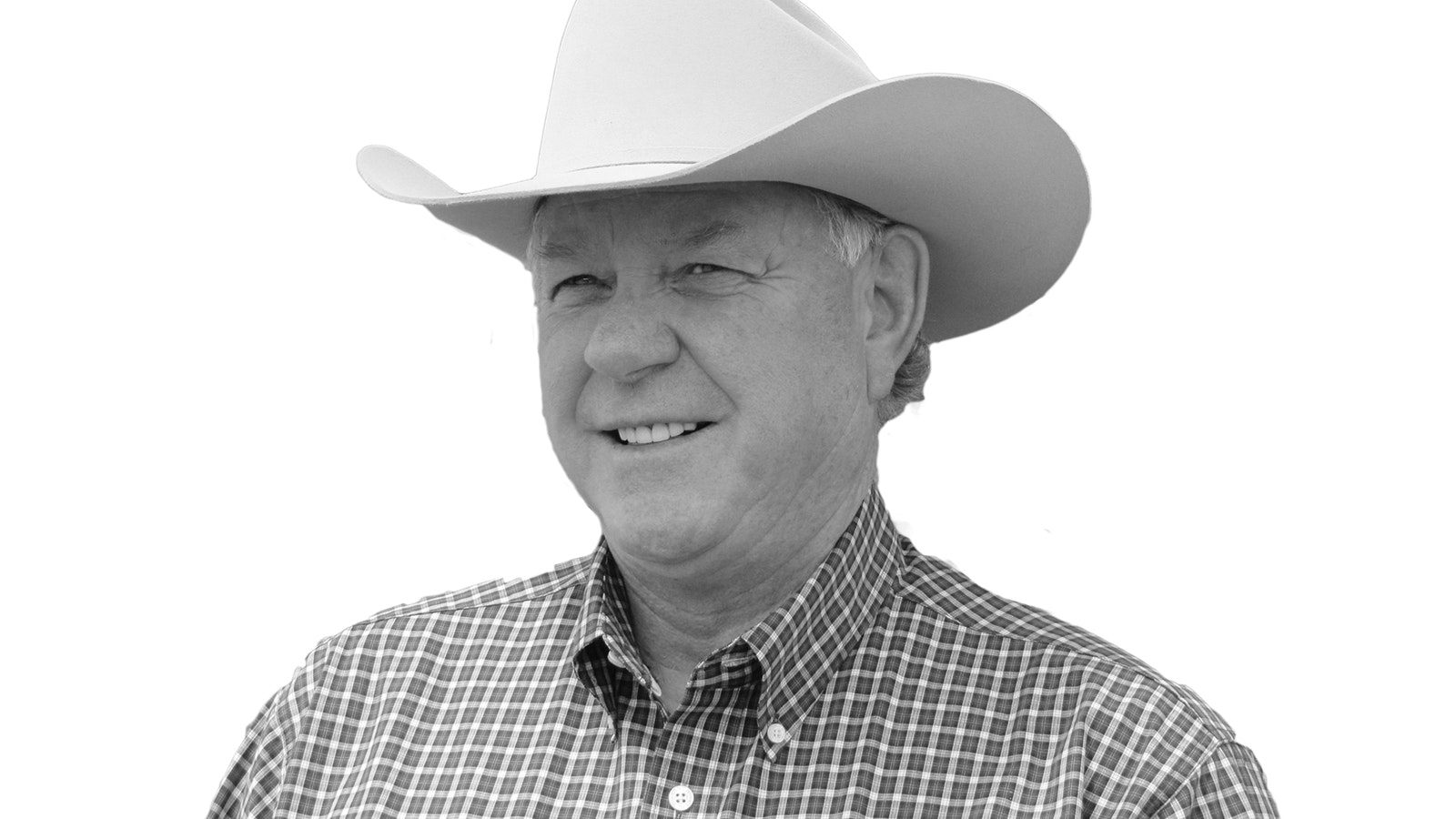Fake meat was supposed to take off with a blast when it got its start in America, but unlike European and Asian countries, Americans want the real deal – beef, lamb, pork and poultry.
It could have been poor marketing and the chosen face of the campaign or maybe Americans simply read the list of ingredients on fake meat and decided it wasn’t the healthiest choice for their families.
Whenever people start looking at replacing one food with another, it has to pass the taste, smell, feel and nutrition test. Fake meat has failed this test in America.
Despite a few wins, legislators, states and municipalities continue to enact rules outlawing the use of real meat terms on fake-meat labels, and when the U.S. Department of Agriculture (USDA) and the Food and Drug Administration (FDA) approved cultivated meat for sale in the U.S. in 2023, the decision brought on many new legal challenges.
In November of 2023, Italy placed a cultivated meat ban, followed by similar bans in France and Romania. Irish farmers also started a movement for a ban, and here at home, the state of Florida enacted a ban.
Nationally, there has been some other movements to ban. Jeff Fitzpatrick, the sustainability lead for Cargill’s BeefUp Initiative, explained why sustainability goals don’t consistently sway shoppers from conventional meat or toward plant-based alternatives.
He said, “Consumers are not buying a scientific study, they’re buying what they want to feed their family for dinner.”
Some European countries, such as the United Kingdom, are accepting fake meats much more than the U.S. A number of countries want less farming and ranching within their borders, especially cattle.
Their culture is a lot different than America, as they don’t have the open spaces, red barns and cowboys. Here, eating a big steak is a special experience, and a thick hamburger is commonplace.
Americans want to eat healthy and protect the environment just as much as Europeans do, but hopefully Americans don’t want to put farmers and ranchers out of business.
Europeans have a history of eating more of a Mediterranean diet, so there’s a little more acceptance and willingness to eat plant-based products.
Its governments are strong on environmental issues, some of which they have had to walk back so as not to wreak their economies. They are more inclined to try new products, while
Americans are somewhat skeptical of newer products.
While there is a lot of data on the differences between Americans and Europeans, some say it is too early in the plant-based industry to tell. American meat is a lot cheaper than European meat, and Europeans are just as happy eating horse meat.
In America, global warming and sustainability are growing concerns, but the costs are a big concern as well. If the U.S. government tells its citizens they have to do something, the fight is on.
Those fights of European farmers against their government mandates is now causing big revolts. Farmers are saying enough is enough.
Place a pound of hamburger next to a pound of plant-based alternative meat and read the ingredients of both products. The hamburger is just real, nutritious meat, while fake meat has a whole list of ingredients, many of which we don’t recognize or know how nutritious they are.
Take your pick.
Dennis Sun is the publisher of the Wyoming Livestock Roundup, a weekly agriculture newspaper available in print and online.





